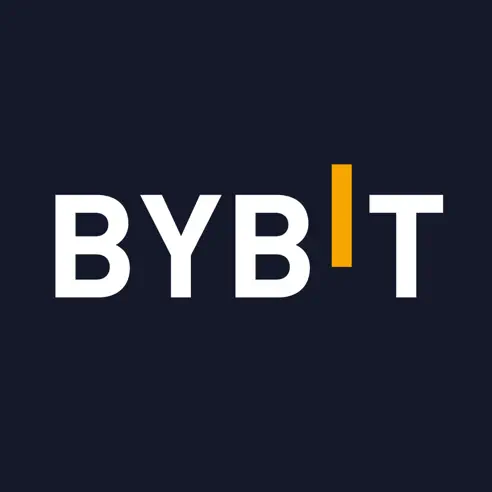As of April 23, 2025, Google will ban all crypto ads in the European Union to only firms licensed through the regulation of Markets in Crypto-Assets (MiCA). This is an important policy change to offer additional protection for users as well as standard-bearing compliance throughout the sector.

New Policy for Crypto Ads Overview
Google’s advertisement update will focus on MiCA compliance above all else. Only valid MiCA-licensed crypto firms and Google-certified crypto firms will be able to advertise exchanges and wallets across all EU member states. This affects 27 countries including significant markets Germany, France, and Italy.
The MiCA regulation is the first uniform crypto legislation in the EU, put in place to create uniform governing rules for crypto services. Consequently, advertisers must register as Crypto-Asset Service Providers (CASPs) and comply with local laws to gain advertising approval.
Compliance Complexity for Advertisers
The new regulatory regime is a significant departure from the regulations prior to this point when regulations were much less uniform. As a result, the entry barrier has risen for small firms and those relying on older national licenses to obtain advertising approval, shifting from a simple regulatory requirement to an absolute compliance necessity.
Compliance is not a choice anymore; it is now a requirement. While the policy aims to protect users and legitimize the crypto space, it sets a high compliance standard. Navigating one of the most regulated markets will now require strict compliance to keep one’s visibility in the market.
Transition Period and Enforcement Timelines
Google will put in place a transition period for advertisers in Finland, France, and Germany which see different dates for compliance. Finnish companies have till June 30, 2025, French until June 30, 2026, and German until December 30, 2025, to fall in line with the new rules. During this time businesses may continue to trade as usual under present licenses.
Non-compliant firms will receive at least a 7-day notice before any enforcement action is taken. This transition is to give companies the time they need to adapt to the new rules.
What this means for the Crypto Industry
This regulatory change may be a forerunner for tech platforms’ global approach to crypto ad regulations. As Google brings in MiCA rules other regions and players may follow suit which in turn will create a more uniform framework for crypto advertising worldwide.
This move is a sign of the increasing role of regulation in the crypto space which many in the analysis field think is key to building up user trust and industry growth.
Ethena Labs Withdraws from Germany
In step with Google’s policy change, Ethena Labs has announced its exit from the German market and the scrapping of its MiCA authorization of its USDe stablecoin. The project, which up to now had temporary permission faced a ban from the German financial authorities (BaFin) for putting out its assets in conformity with MiCA regulations.

Ethena has ceased all its activities related to its German branch and is routing any German buyers of USDe to its international entity. As of March 11, 2025, no more issues or redemptions of USDe will take place under the German subsidiary. While users will still have access to USDe it will now operate outside German financial regulations.
As the deadline draws near, compliance firms will have to adapt quickly to stay in the game in this ever-changing environment.















